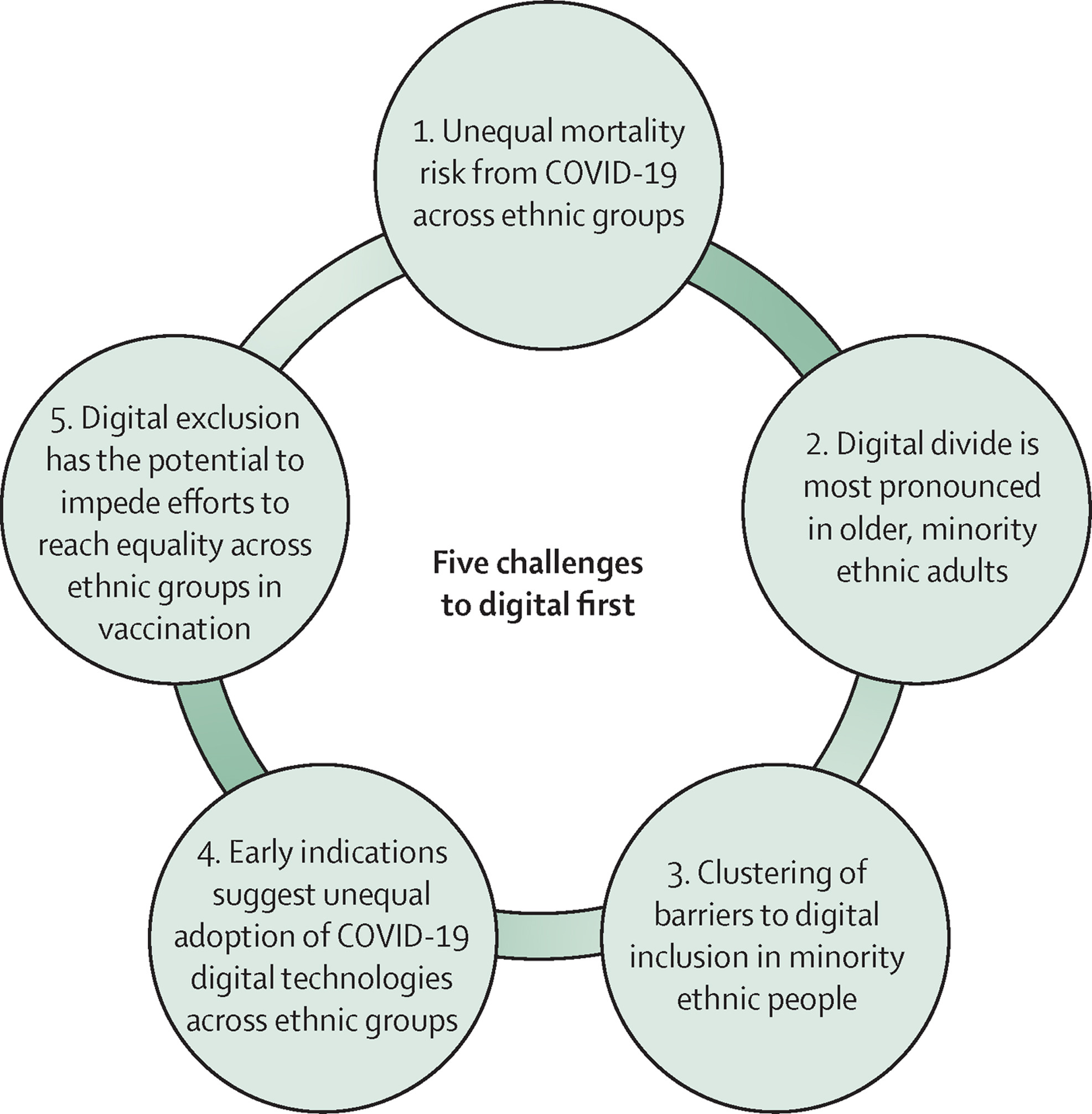Elsevier, Learning, Culture and Social Interaction, Volume 30, September 2021
Children and adolescents with intellectual disabilities (ID) often have language difficulties. Guided by interactional theories of language acquisition, this study expected that more social contact with peers positively affects language development for this student group. Conversely, it was also hypothesized that poor language skills predict fewer social contacts with peers, thereby reducing their social inclusion.
Elsevier, The Lancet Global Health, Volume 9, September 2021
Background: Infections are among the leading causes of maternal mortality and morbidity. The Global Maternal Sepsis and Neonatal Initiative, launched in 2016 by WHO and partners, sought to reduce the burden of maternal infections and sepsis and was the basis upon which the Global Maternal Sepsis Study (GLOSS) was implemented in 2017. In this Article, we aimed to describe the availability of facility resources and services and to analyse their association with maternal outcomes.
Elsevier, International Journal of Intercultural Relations, Volume 84, September 2021
An important aspect of the transnational lives of Polish migrants in the Netherlands is their frequent use of healthcare services in Poland. Transnational care use may be detrimental for the continuity and the quality of the care migrants receive. The current study aims to shed light on the antecedents of migrants' doctor visits in Poland. Drawing on a representative population-based sample of Polish migrants in the Netherlands (n = 1,082), logistic regression is used to assess whether length of stay in the Netherlands is negatively associated with the likelihood of doctor visits in Poland.
Elsevier, EClinicalMedicine, Volume 39, September 2021
A Lancet Commission for COVID-19 task force is shaping recommendations to achieve vaccine and therapeutics access, justice, and equity. This includes ensuring safety and effectiveness harmonized through robust systems of global pharmacovigilance and surveillance. Global production requires expanding support for development, manufacture, testing, and distribution of vaccines and therapeutics to low- and middle-income countries (LMICs).
Elsevier,
The Lancet Public Health, Volume 6, September 2021
This Comment supports SDGs 3 and 10 by discussing the UK's reliance on digital technologies during the COVID-19 pandemic. Although a digital-first policy aims to reduce health inequalities, challenges such as low usage of the internet and low uptake of digital COVID-19 technologies among older, minority ethnic groups, could mean that the strategy instead reinforces the unequal effects of COVID-19.
Elsevier,
International Journal of Clinical and Health Psychology, Volume 21, 1 September 2021
This study explores the styles and strategies of coping with stress among parents of children with developmental disabilities compared to parents of children with typical development. In stressful situations connected with rearing a child, parents of children with developmental disabilities do not use as dominant strategies connected with seeking emotional support and religion, which occur in the parents of typical development children.
Elsevier,
The Journal of Climate Change and Health, Volume 4, 2021, 100050
To prevent the most catastrophic health effects of climate change, urgent reductions in greenhouse gas (GHG) emissions are needed from all sectors to meet the goals of the Paris Agreement, along with those of the Race to Zero: to halve emissions by 2030 and achieve net zero emissions by 2050. The health care sector is not exempt from this charge.

